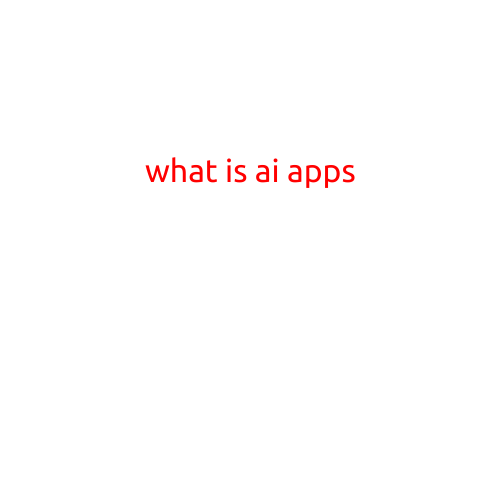
AI Android: The Future of Artificial Intelligence in Robotics
In recent years, the concept of artificial intelligence (AI) has been increasingly prominent in the world of technology. As AI continues to advance and mature, it’s only a matter of time before we see the integration of this intelligent technology into various aspects of our lives. One area where AI is expected to have a significant impact is in the development of AI androids, also known as humanoid robots.
What are AI Androids?
AI androids are humanoid robots that are designed to mimic the appearance and movement of humans. They are programmed with advanced algorithms and artificial intelligence that enable them to think, learn, and interact with their environment in a human-like way. This includes facial recognition, natural language processing, and even emotions.
How do AI Androids Work?
AI androids work by using a combination of sensors, actuators, and processors to gather and process information about their surroundings. They are equipped with advanced sensors that allow them to perceive their environment, including cameras, microphones, and touch sensors. This information is then processed using sophisticated algorithms and machine learning techniques.
Advantages of AI Androids
The potential advantages of AI androids are numerous. They have the potential to revolutionize the way we live and work by providing companionship, assistance, and even replacing human-like functions. Some potential applications of AI androids include:
- Caregiving: AI androids could be used to care for the elderly and disabled, providing companionship and assistance with daily tasks.
- Healthcare: AI androids could be used in hospitals and clinics to perform tasks such as taking vital signs, administering medication, and communicating with patients.
- Customer Service: AI androids could be used in retail and hospitality to provide personalized customer service and assist with tasks such as inventory management and order fulfillment.
- Space Exploration: AI androids could be used in space exploration missions to explore planetary surfaces and perform tasks such as sample collection and experimentation.
Challenges of AI Androids
Despite the many potential advantages of AI androids, there are also several challenges that must be addressed. Some of the challenges include:
- Safety and Security: AI androids must be designed with safety and security in mind to prevent them from causing harm to humans or themselves.
- Ethics: The development and deployment of AI androids raises significant ethical questions, including the potential for job displacement and the blurring of lines between humans and machines.
- Cost: Developing and deploying AI androids is complex and expensive, making them inaccessible to many individuals and organizations.
Conclusion
The development of AI androids is an exciting and rapidly evolving field that has the potential to revolutionize many aspects of our lives. While there are challenges to be addressed, the potential benefits of AI androids make them an important area of research and development. As AI continues to advance and mature, we can expect to see the integration of AI androids in many areas of our lives, from caregiving and healthcare to customer service and space exploration.





